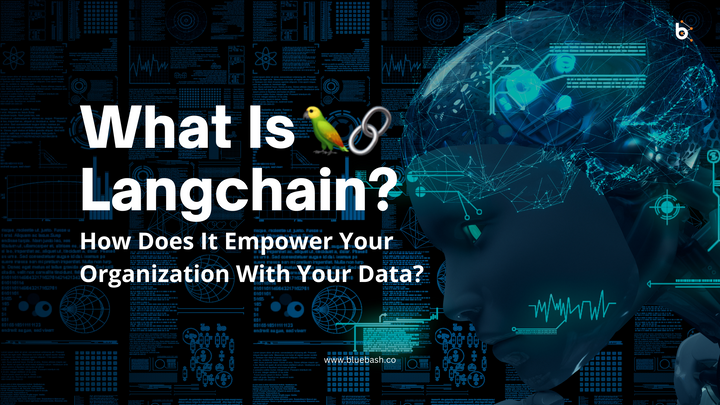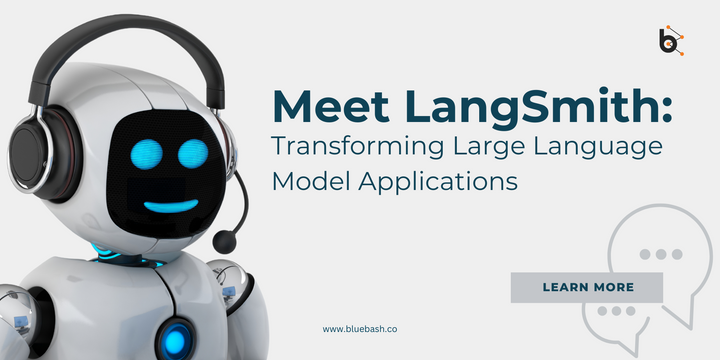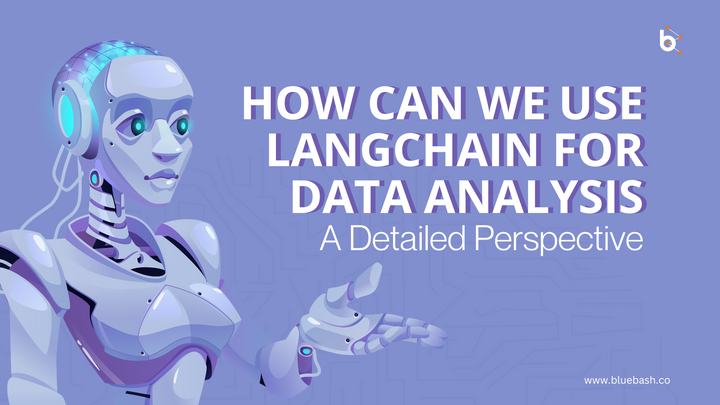Generative AI in Banking & Finance: A New Era of Efficiency and Innovation

Generative AI has the potential to revolutionize the financial services industry by streamlining various aspects of operations, resulting in productivity gains, enhanced decision-making, increased compliance, better customer service, and driving innovation.
The global Generative AI in banking and finance market was valued at USD 712.4 million in 2022 and is predicted to reach roughly USD 12,337.87 million by 2032, growing at a CAGR of 33% between 2023 and 2032.
Introduction to Generative AI
Artificial Intelligence (AI) refers to the field of computer science and technology that focuses on creating intelligent machines that can perform tasks that typically require human intelligence. Generative AI, a type of AI-based software, is a subset of AI that can generate new content or data based on patterns and rules learned from existing data. Unlike other types of AI that focus on recognizing patterns and making predictions, Generative AI is designed to create new content or data that is similar to what it has learned from existing data.
Impact of Generative AI in Financial Services
Generative AI has the potential to revolutionize the financial services industry by streamlining various aspects of operations, resulting in productivity gains, enhanced decision-making, increased compliance, better customer service, and driving innovation. The financial services industry is well positioned to harness the power of Generative AI given the volume of data these organizations hold, their investment in technology, extensive customer-facing workforce, stringent regulatory landscape, and large white-collar workforce.
Applications of Generative AI in Banking and Finance
Generative AI can be applied in various areas of financial services, including fraud detection, risk management, customer service, and compliance. For example, Generative AI can be used to detect fraudulent transactions by analyzing patterns in transaction data and identifying anomalies. It can also be used to predict market trends and identify investment opportunities by analyzing large volumes of financial data.
Risk Management and Fraud Detection
Generative AI can analyze complex data to identify patterns that suggest potential risks or fraud.
Banks can take proactive measures, akin to having a 24/7 intelligent watchdog.
Customer Service Transformation
Banks can provide personalized experiences based on individual customer needs and preferences.
Imagine receiving financial advice tailored precisely to your goals or conversing with a chatbot that understands your queries as well as a human advisor.
Investment and Wealth Management
Generative AI can forecast market trends and recommend optimal investment strategies.
It can create customized portfolios, considering individual risk appetites, essentially acting as a personal financial advisor powered by the collective intelligence of thousands, available round the clock.
Chatbots and Knowledge Interfaces
GenAI is employed in banking to create chatbots and knowledge interfaces for improved customer service.
Personalized Marketing Campaigns
GenAI enables efficient marketing campaigns with personalized content tailored to individual customer preferences.
Creditworthiness Assessment
It enhances creditworthiness assessment using structured and unstructured data, improving lending decisions.
Relationship Enhancement
GenAI helps banks enhance relationships with managers and advisors, providing personalized financial guidance.

Customer Onboarding and Paperwork Automation
GenAI streamlines customer onboarding processes by automating paperwork, reducing manual effort, and improving the customer experience.
Real-World AI Applications in Finance
Predicting Market Trends: AI, including Generative AI, is used to predict market trends by analyzing social conversations and other data sources.
Enabling Growth - Capital Connect: AI-powered platforms like Capital Connect match startups with investors, facilitating growth opportunities.
Data Discovery for Enhanced Decision-Making - KYC Solutions: AI-driven data discovery and extraction streamline Know Your Customer (KYC) processes by processing complex, unstructured textual data.

Delivering Generative AI Applications
Delivering Generative AI applications requires a well-defined strategy that includes identifying the business problem, selecting the appropriate data, developing the right algorithms, and deploying the solution. It is important to involve all stakeholders in the process, including business leaders, data scientists, and IT professionals. The solution should be tested thoroughly before deployment to ensure that it meets the business requirements and is scalable.
Fighting Financial Crime
AI is vital in fraud detection, sanctions, and anti-money laundering efforts.
Data Utilization
AI not only relies on data but also transforms it into actionable insights.
Policy and Regulation
AI helps automate compliance with legal and regulatory requirements.
Fairness, Bias, Ethics, and Sustainability
Ethical considerations and fairness in AI are paramount in the financial sector.
Use cases
AI in Financial Services: A Diverse Landscape of Use Cases
These applications can be broadly categorized into seven main areas:
Fraud Detection and Prevention: AI is employed to identify fraudulent activities, such as unauthorized transactions, identity theft, and cybersecurity threats, protecting both financial institutions and their customers.
Data Management and Synthesis: AI is used to manage, synthesize, and derive insights from vast amounts of financial data, including transaction records, market data, and customer information.
Trading and Market Analysis: AI-powered algorithms are employed for trading, portfolio management, and market analysis. These algorithms can execute high-frequency trades and analyze market trends in real-time.
Customer Experience Enhancement: AI-driven chatbots, virtual assistants, and personalized recommendations enhance the customer experience by providing timely and relevant information and services.
Employee Augmentation: AI assists financial professionals in making informed decisions by automating routine tasks, providing data-driven insights, and supporting complex decision-making processes.
Regulatory Compliance and Risk Management: AI systems help financial institutions adhere to regulatory requirements by monitoring transactions, reporting suspicious activities, and assessing compliance risks.
Fairness, Bias, Ethics, and Sustainability: Addressing issues related to fairness, bias, ethics, and sustainability is crucial in AI applications within financial services to ensure equitable and responsible use of AI technologies.
Challenges and Risks
Implementing Generative AI can be challenging, especially in the context of AI solutions for banking, due to the complexity of the technology and the need for large volumes of high-quality data. There are also risks associated with the use of Generative AI, including the potential for bias, errors, and misuse. It is important to address these risks by developing responsible AI practices that include transparency, accountability, and ethical considerations within the realm of AI solutions for banking.
Overcoming ethical concerns and bias in AI models, as well as compliance with legal and data protection requirements, are also critical challenges in implementing generative AI in banking. Ethical concerns include the potential for biased decision-making, transparency, and the impact on employment.
The integration of generative AI into finance functions focuses on augmenting existing processes through narrative generation and one-off analysis of small data sets. Current and near-term applications across the finance value chain include finance operations.
Organisation-Wide Considerations
Implementing Generative AI requires a well-defined strategy that includes identifying the business problem, selecting the appropriate data, developing the right algorithms, and deploying the solution. The solution should be tested thoroughly before deployment to ensure that it meets the business requirements and is scalable.
Building Blocks for the Productivity Revolution
Generative AI is on the verge of a major transformation in the financial services sector. It could revolutionize how we do business and improve the lives of countless people. To make this a reality, organizations must invest in essential components like powerful pre-trained models, cutting-edge algorithms, and robust computing infrastructure that will drive a productivity revolution.
Conclusion
Generative AI is poised to reshape the financial services landscape, offering efficiency, security, and personalized user experiences. The future of banking is undergoing a data-driven and customer-centric revolution thanks to Generative AI's vast potential. With technology constantly advancing, the possibilities are boundless, and Generative AI is set to redefine the banking and finance sector. Embrace this transformative journey, and if you're keen on exploring Generative AI solutions for Banking and Financial Services, reach out to us at Bluebash, your trusted partner for cutting-edge AI solutions.



